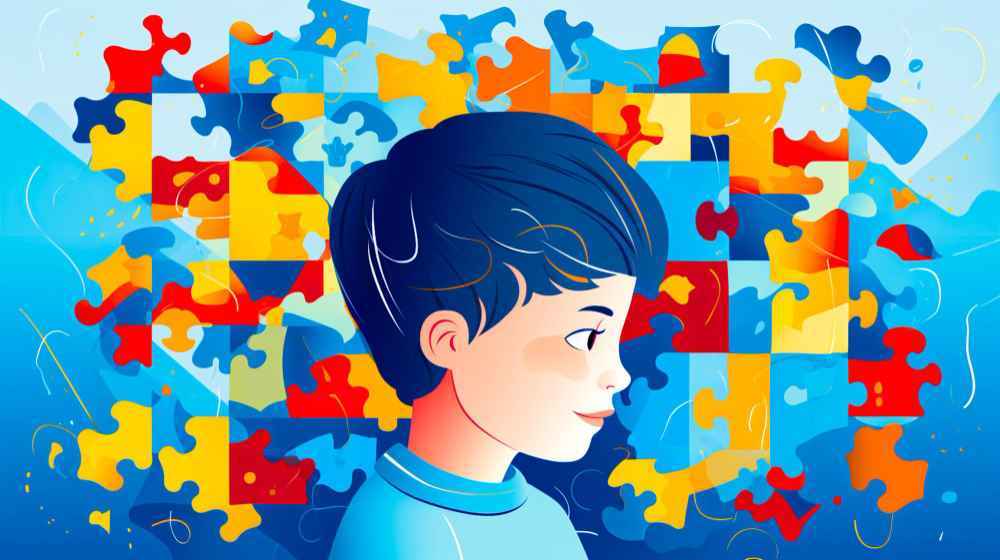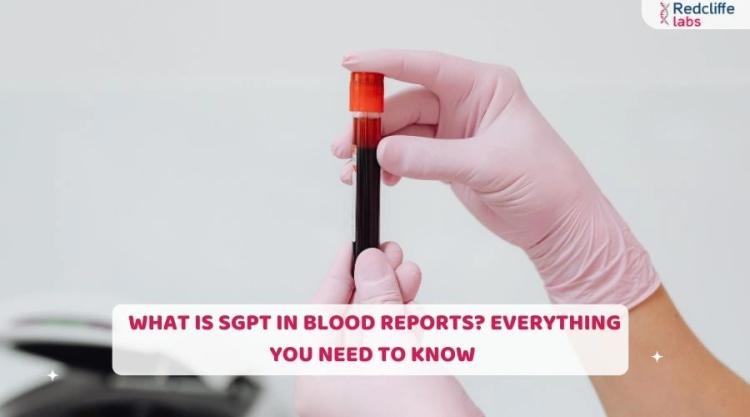Autism Spectrum Disorder: Everything You Need to Know

Medically Reviewed By
Dr. Ragiinii Sharma
Written By Meenakshi
on Apr 7, 2024
Last Edit Made By Meenakshi
on Apr 23, 2024

According to the Indian Journal of Pediatrics, the estimated prevalence of Autism in India is 1 in 68 children. As per the reports, the male-to-female ratio of autism in India is 3:1, which clearly indicates that boys are more commonly affected than girls.
So, what exactly is autism?
Who does it affect and why?
Is it preventable?
We understand that you may have many questions, but hold your horses—the answers to your queries are right here in the blog.
So, what are you waiting for? Let’s dig in to learn more.
What is Autism?
You must also be looking to understand what exactly this disorder is, and your search is finally over, as the answer, in simple words, is here for you.
Also called Autism Spectrum Disorder, Autism is a neurological condition that is also called a developmental disorder because symptoms usually start to appear in the first two years of life. It is related to the brain and influences how people interact with others, communicate, learn, and behave.
Did you know?
As per the Centers for Disease Control and Prevention, ASD or Autism Spectrum Disorder can begin at the age of 3 and can last forever.
It is a complex condition; however, sometimes, its symptoms may improve over time. Children with ASD may experience difficulty developing and maintaining a bond with their peers or may understand or behave differently.
So, how do you find out if someone has ASD or Autism Spectrum Disorder?
Are there any early signs that one should look out for?
Yes!!!
Like any other disorder, it also exhibits signs or symptoms that prompt the healthcare provider to a certain test to confirm or rule out the condition. So, let’s look into them.

Signs And Symptoms Of ASD or Autism Spectrum Disorder:
People with ASD often have several behavior differences that help doctors identify the condition and suggest appropriate measures, such as:
- Make less or inconsistent eye contact with others
- Not responding at all or taking forever to respond to one’s name or to other verbal bids
- Exhibit different facial expressions or body movements than what is being said
- Face trouble understanding other people’s actions or points of view in general
- Unable to make friends easily
- Face difficulty adjusting to certain behaviors or social situations
- Repeat certain actions, words, or phrases
- Show overly focused interest in a specific activity
- Even a slight change in their routine makes the transition harder or makes them upset
- May experience sleep problems or irritability
While people talk about their weaknesses, not all but some people with ASD may have certain strengths like:
- They remember everything as it is and remember it for longer period
- They excel in math, science, music, and maybe art
When doctors suspect such unusual behavior, they may ask for a certain diagnosis to confirm the condition.
But still, the question that most people have is what causes Autism and who is at risk? So, let’s find the answer here:
There is not one single cause of ASD. Still, there are many genes and different factors, like genetic, environmental, or biological ones, that have been associated with increasing one’s likelihood of ASD.
While there is no foolproof evidence of specific causes of ASD, some studies suggest that the following are some common causes that may put one at risk for developing ASD.
- Having a sibling with ASD
- Having certain chromosomal abnormalities
- Complications during pregnancy
- Being born to older parents
There could be some other risk factors, too, but diagnosing the condition as soon as possible and taking charge of it is essential to managing the symptoms.
If your child has been diagnosed with ASD, certain things are within your control that may help you improve their symptoms and overall quality of life.

Ways To Help Autistic Child: Dos & Don’ts:
Do:
- Do not wait for a diagnosis. If you suspect anything unusual, seek medical assistance, get tested, and start treatment right away. The earlier they get help, the greater their chance of managing symptoms and living better with them.
- If you are a parent or guardian of an autistic child, instead of panicking and losing hope, learn about it, be their expert, watch out for what triggers your kid’s disruptive behavior or what they find stressful or calming, and most importantly, don’t give up. Remember that it is in your hands to help your child thrive.
- Create consistency in their environment, the way they interact, and other behaviors.
- Try to avoid disruptions to the maximum possible.
- Look for nonverbal cues and pay attention to their sensory sensitivities.
- Understand their strength and weaknesses.
- Use their name more often so that they can understand that you are speaking to them.
- Keep your verbal communication and choice of words as simple as possible.
- Try to slow your pace and ensure you speak slowly and clearly with them.
- Give them extra time to understand what you have said.
These are a few dos that you should follow as an ASD child parent or guardian. However, your healthcare provider may suggest some additional tips. Therefore, confirm them and follow their assistance.
But this is what you should do; there are certain behaviors or things that you should better avoid. Such as:
Don’ts:
- Do not confuse them by asking so many questions.
- Do not try to have a conversation where there is so much crowd and they feel insecure or uncomfortable talking.
- Do not use fancy phrases or sentences that can confuse them.
- Do not make them feel a burden or use any negative words.
Remember, one action can make or break your child’s future and life. Therefore, it is essential to behave responsibly and follow the advice of your healthcare provider to help your children live normally and manage their symptoms better.
Your doctor may suggest different tests or other preventive measures to manage the symptoms well. Depending on your child’s symptoms and other factors, they may refer to the Disorders Of Autism Spectrum, which you can book with Redcliffe Labs.
Remember, Autism is not a disability but a different ability. We need a positive approach to give each other space to grow and create a more inclusive and compassionate society.
With the aim to spread awareness and create a more inclusive society, every year, 2nd April is observed as World Autism Awareness Day. It’s time we change the perspective and create an environment in which autistic people can thrive.



